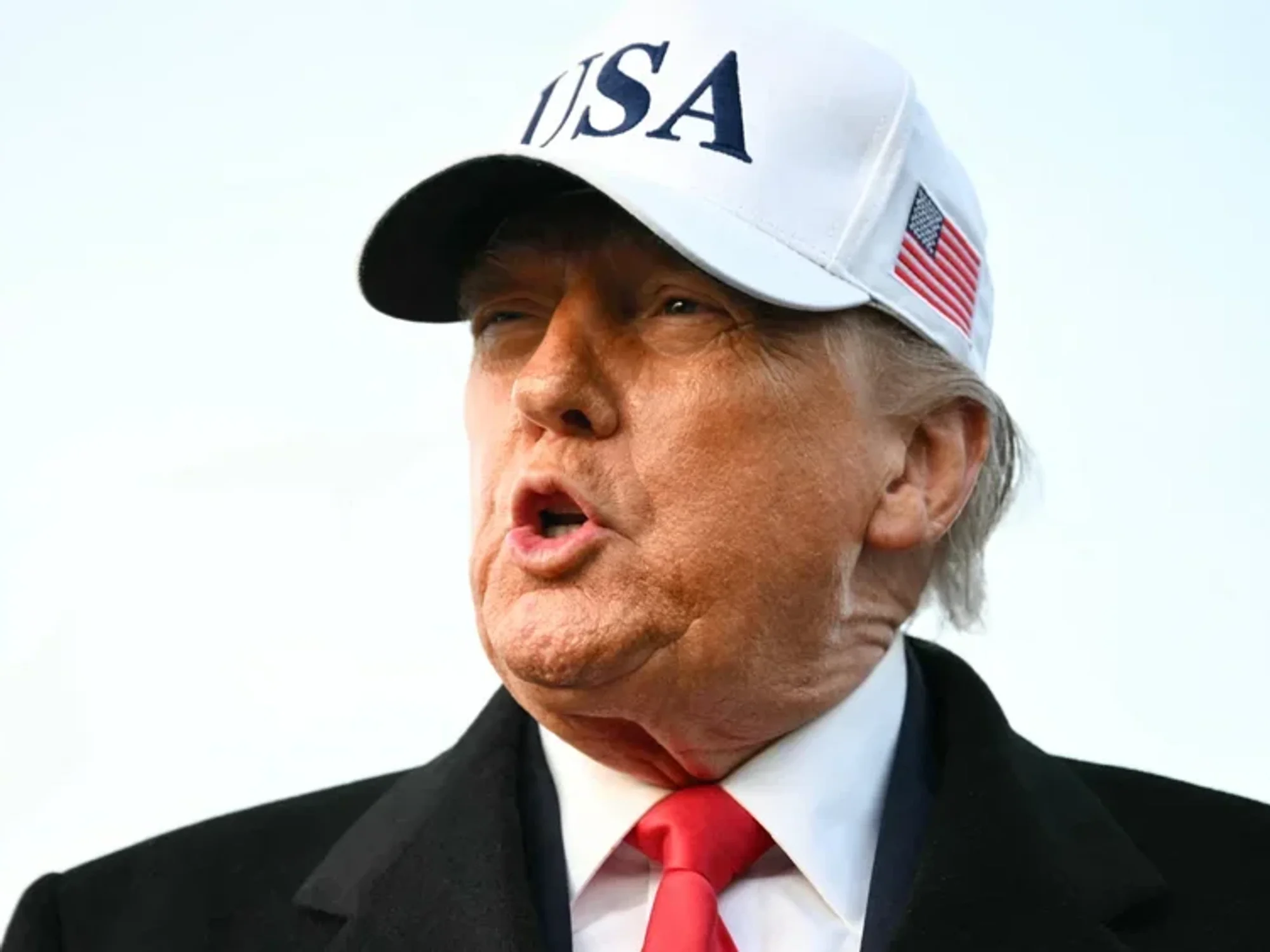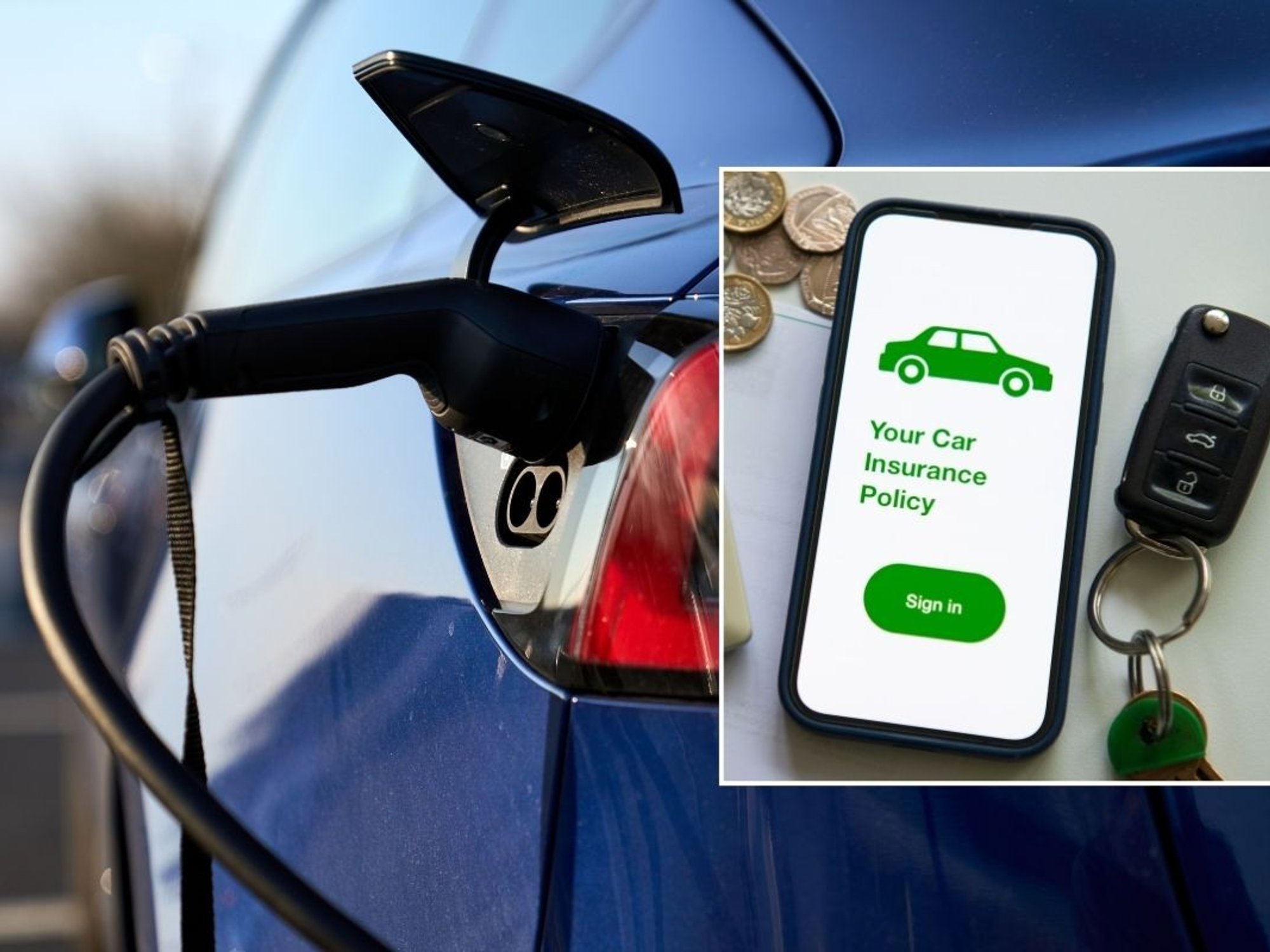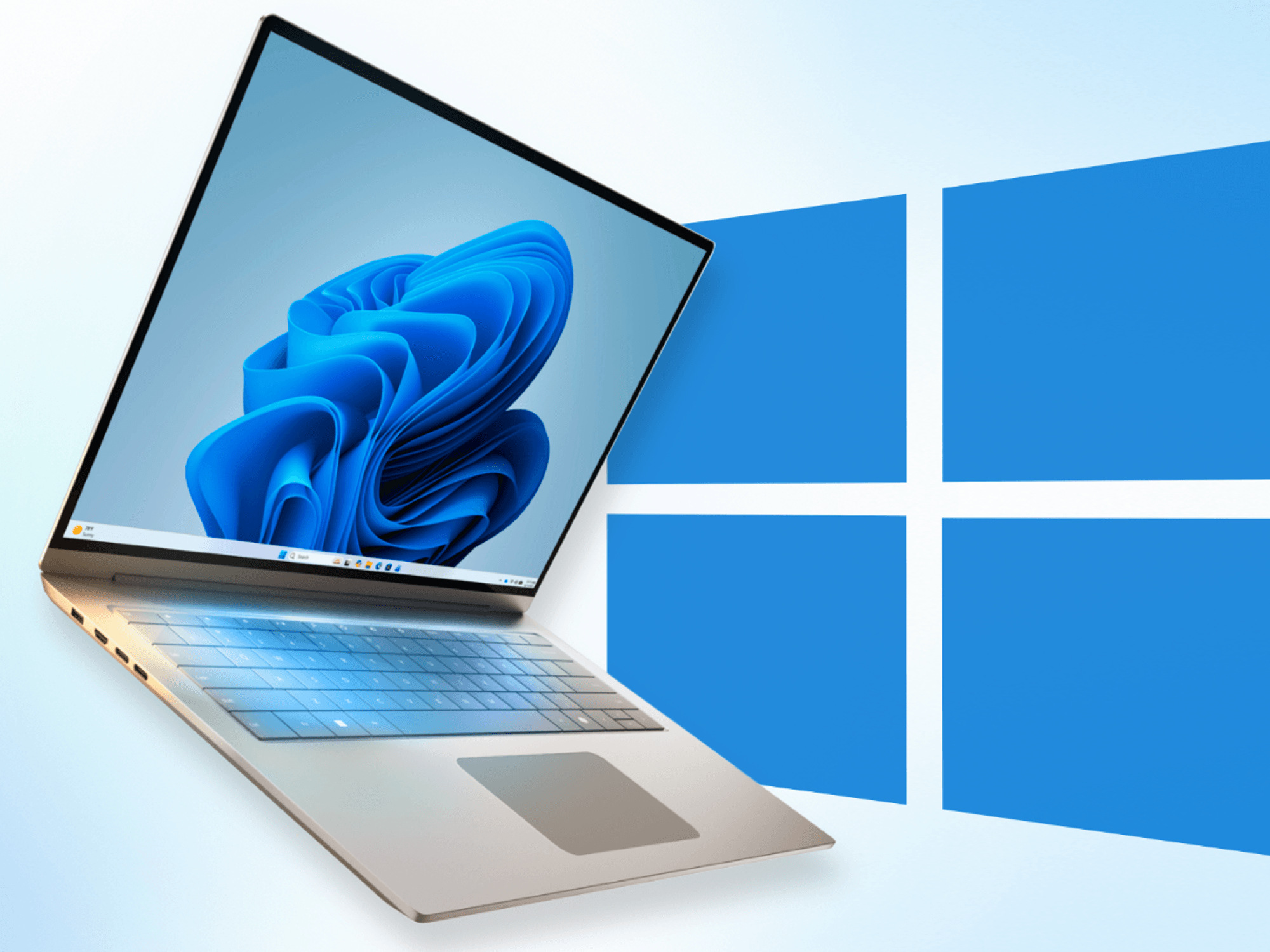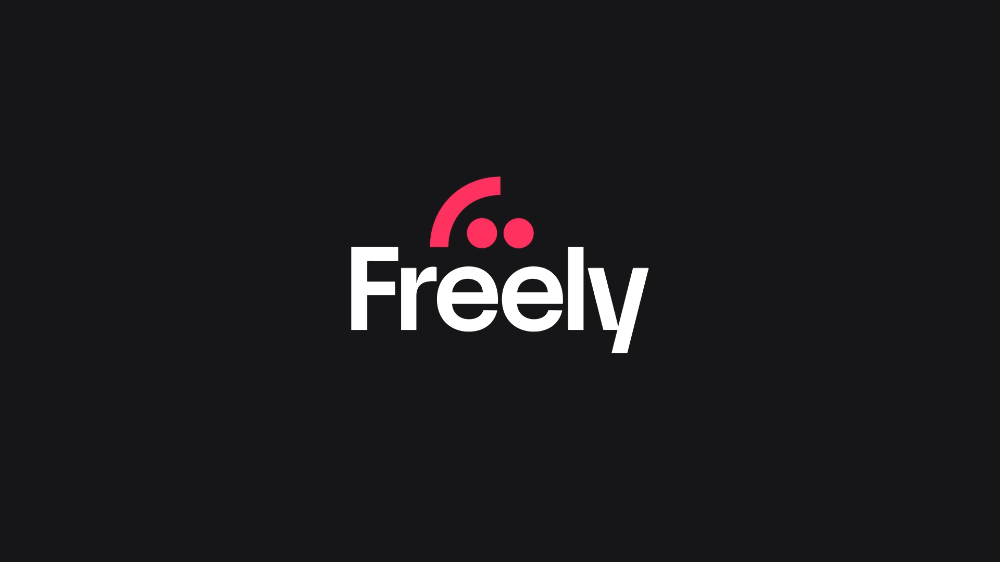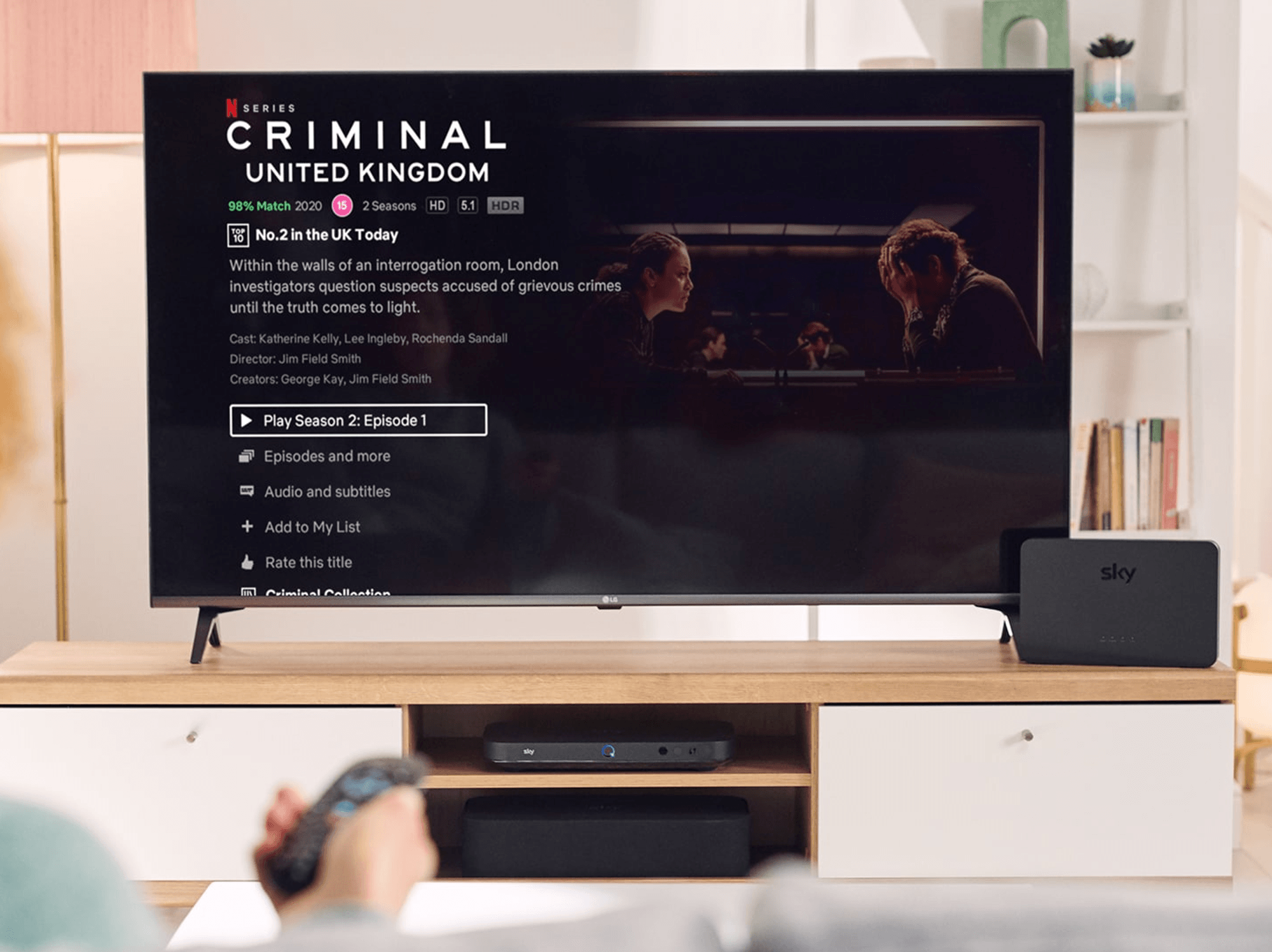UK on the brink of stagflation as Bank of England put in 'extremely tough spot' amid rising unemployment

The Bank is under mounting pressure as further rate cuts risk pushing up inflation without easing rising unemployment
Don't Miss
Most Read
Latest
The UK is teetering on the edge of stagflation as inflation climbs and unemployment hits a four-year high.
The Bank of England now faces mounting pressure over interest rates, with analysts warning it is in an "extremely tough spot" as it tries to balance price stability with a weakening labour market.
Official figures show inflation jumped to 3.6 per cent in June, while the jobless rate rose to 4.7 per cent, fuelling fears of an economic slowdown with persistent price pressures.
The Institute of Directors' chief economist Anna Leach warned: "With inflation still proving sticky and economic growth stagnating, the UK is skirting the edges of stagflation."
The Bank of England has already reduced rates four times since last August, bringing them down from 5.25 per cent to 4.25 per cent.
Financial analysts say August’s policy meeting could still bring another cut, though any move risks fuelling further price rises.
Matthew Ryan, at global financial services firm Ebury, said: "Things are going from bad to worse. This week’s data puts the Bank in an extremely tough spot… an August rate reduction remains on the cards."
Charlie McCurdy, an economist at the Resolution Foundation, said: "The jobs data presents a clear case for lowering rates. But higher-than-expected inflation muddies the picture. The decision next month is far from straightforward."
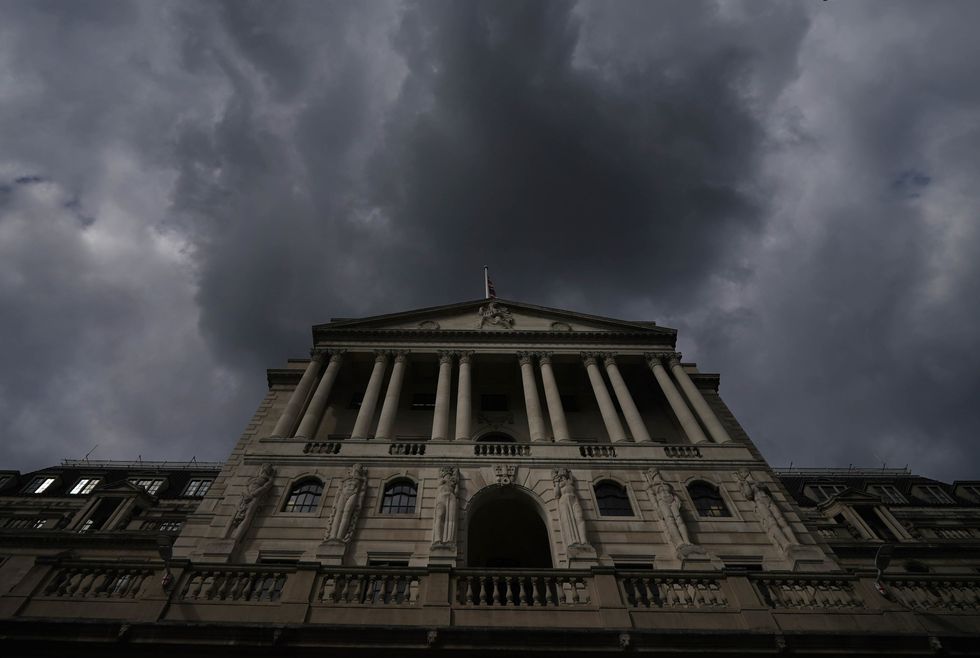
Financial analysts say August’s policy meeting could still bring another cut
| PALabour's tax policies have come under fire for exacerbating Britain's economic woes.
The Chancellor's £25billion employer National Insurance raid is being blamed for both job losses and rising prices as businesses pass increased costs onto consumers.
Andrew Wishart, an analyst at Berenberg, said: "Companies passing on Government-imposed increases in their costs caused inflation to come in higher than expected in June."
LATEST DEVELOPMENTS:

The National Institute of Economic and Social Research offered a more cautious outlook
| GETTYConservative business spokesman Andrew Griffith criticised the Chancellor's approach, saying the figures "show the folly of the Chancellor's choice to hike National Insurance on businesses rather than the more honest approach of income tax".
He added: "Higher costs and rising unemployment are the price."
The National Institute of Economic and Social Research offered a more cautious outlook. Monica George Michail, an economist at the institute, said: "We forecast inflation to remain elevated and only fall back to the 2 per cent target on a lasting basis by late 2026. We therefore expect the Bank of England to cut interest rates just one further time this year."
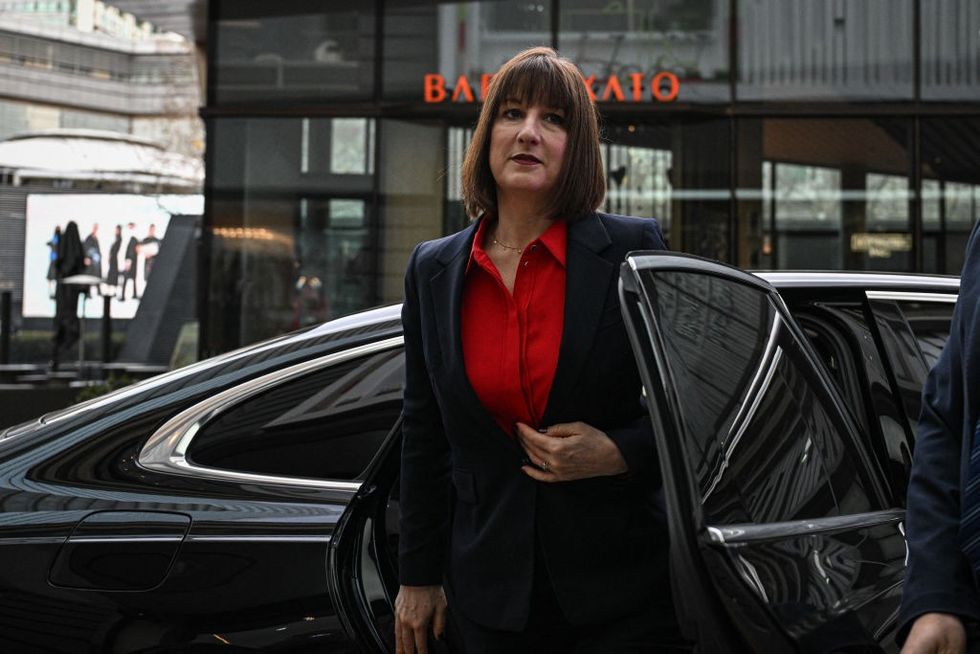
The Chancellor's £25billion employer National Insurance raid is being blamed for both job losses and rising prices
| Getty ImagesFood prices have climbed for the third consecutive month, reaching a 16-month high of 4.5 per cent. Essential items including bread, rice and pasta experienced sharp price increases during June.
Air fares also contributed to inflationary pressures, with a steep 7.9 per cent increase between May and June representing the largest June rise in seven years.
The timing proved particularly awkward for Chancellor Rachel Reeves, with the inflation figures emerging less than 24 hours after her Mansion House speech where she unveiled reforms aimed at boosting growth and claimed to be creating "a Britain that is better off".
Reeves acknowledged the ongoing challenges, saying: "I know working people are still struggling with the cost of living. There is more to do and I'm determined we deliver on our Plan for Change to put more money into people's pockets."
More From GB News






